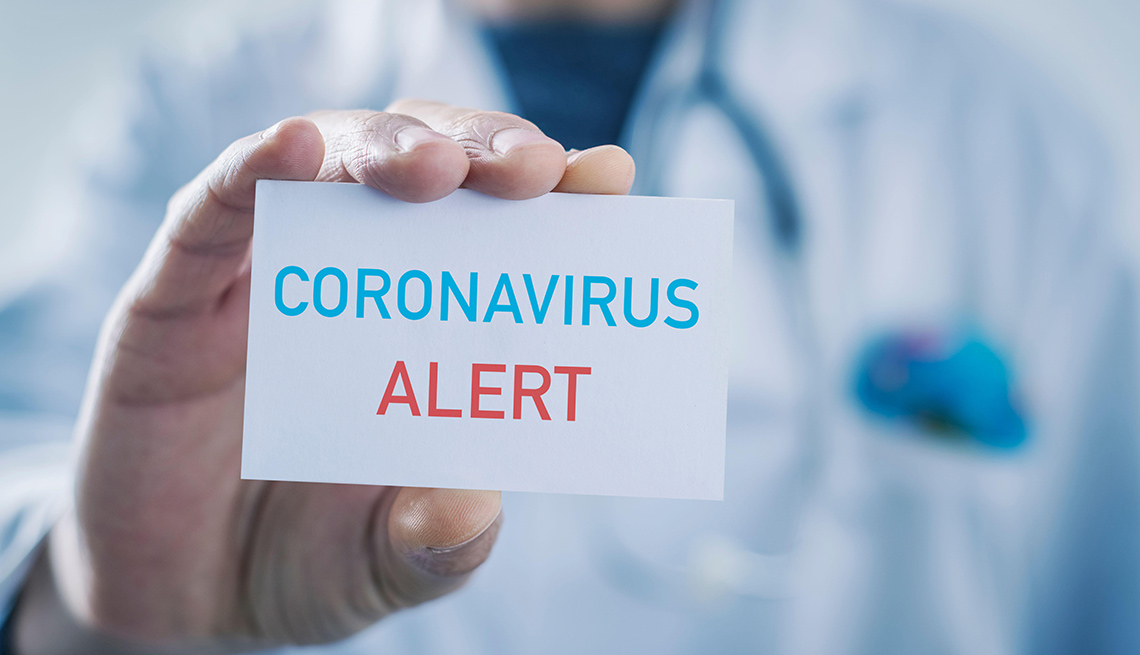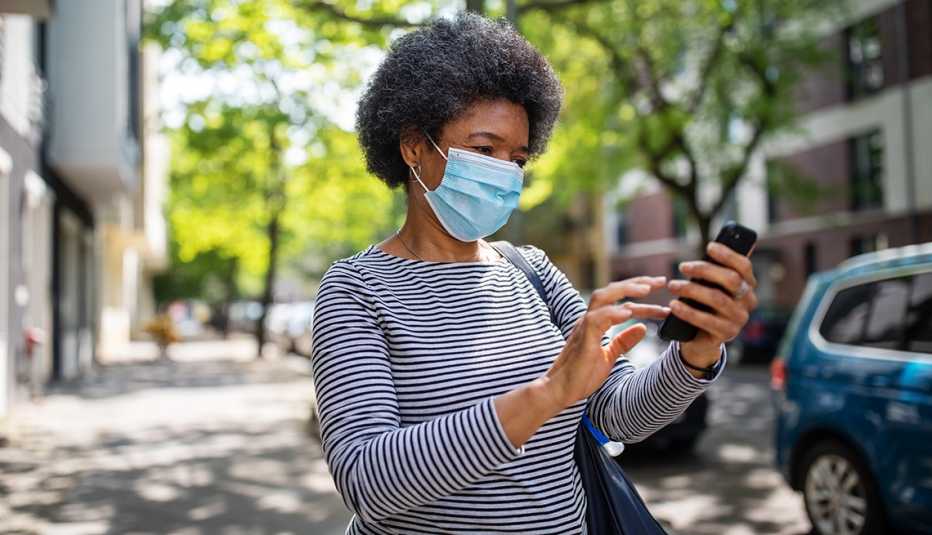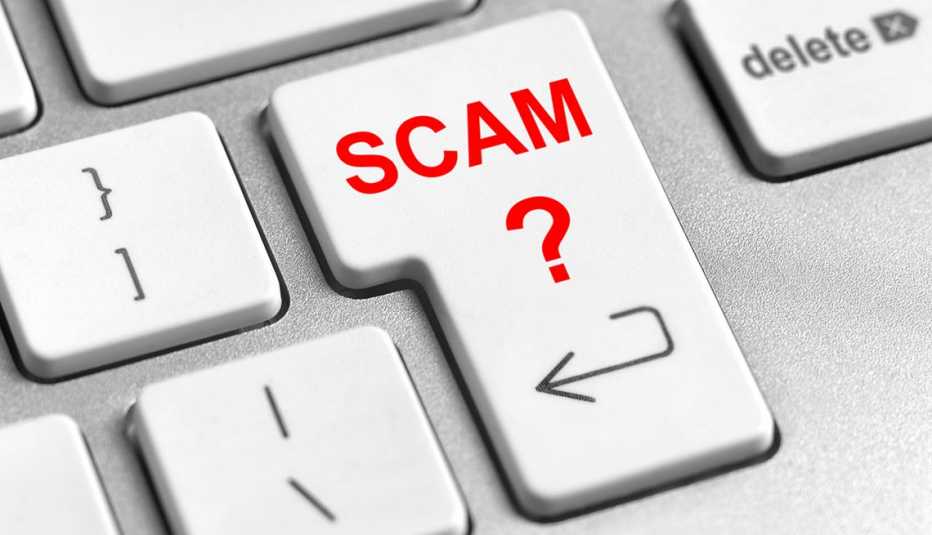AARP Hearing Center
Here's advice from the Justice Department on dodging fraud during the pandemic. It says some scams are known, some are just emerging.
1. Independently verify the identity of any company, charity or individual that contacts you regarding COVID-19.
2. Check the websites and email addresses offering information, products or services related to COVID-19. Be aware that scammers often employ addresses that differ only slightly from those belonging to the entities they are impersonating. For example, they might use “cdc.com” or “cdc.org” instead of “cdc.gov,” which is the legitimate website of the Centers for Disease Control and Prevention (CDC).
3. Be wary of unsolicited emails offering information, supplies or treatment for COVID-19 or requesting your personal information for medical purposes. Legitimate health authorities will not contact the general public this way.
4. Do not click on links or open email attachments from unknown or unverified sources. Doing so could download a virus onto your computer or device.






































































